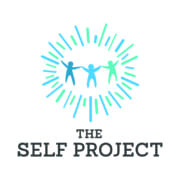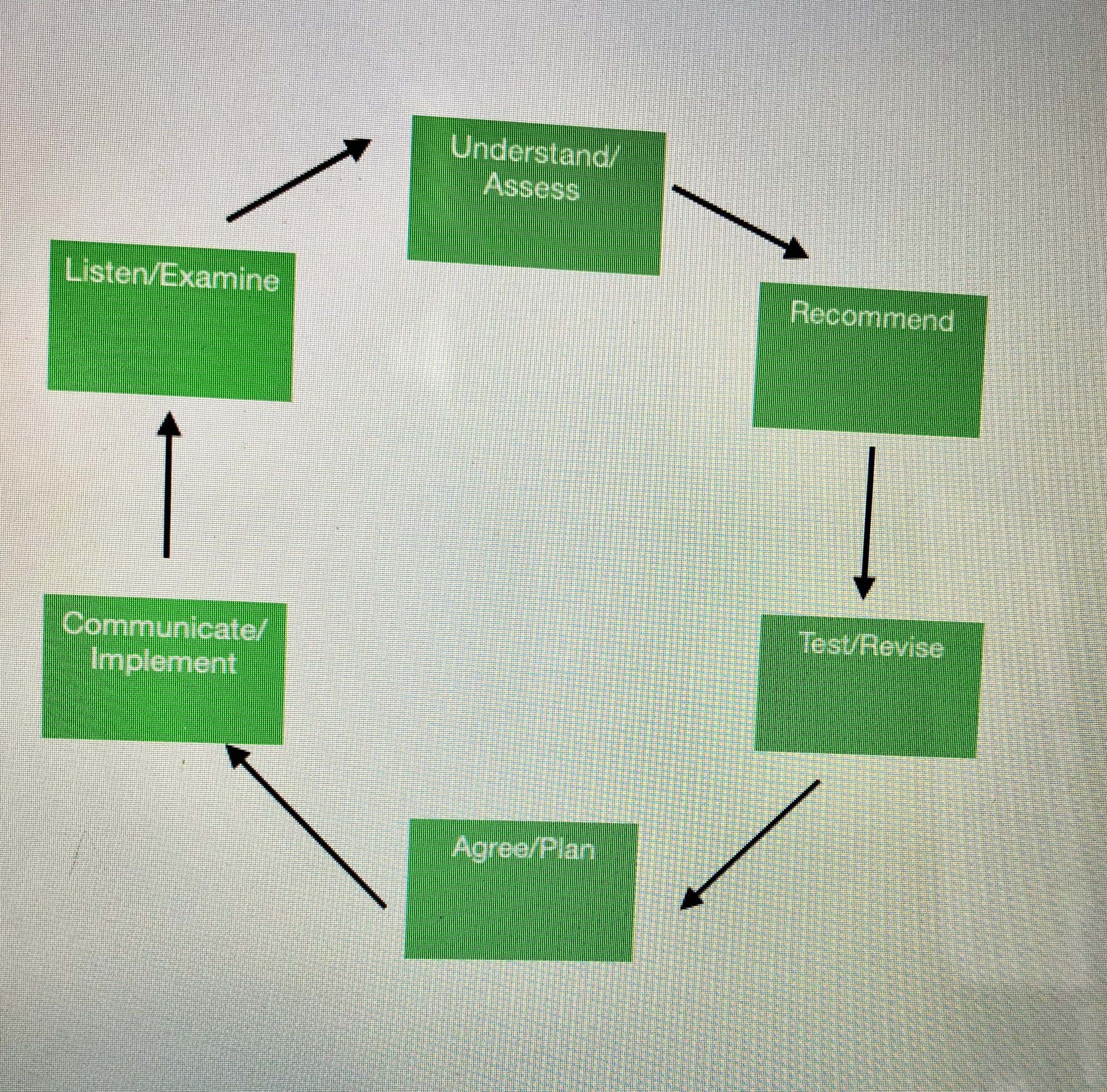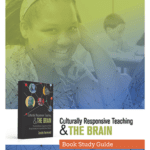learning vs. knowing

As parents and educators (or mentors or coaches), it’s imperative that we get in the habit of taking a step back from our habits and normal practices to ask whether they’re serving the kids we work and live with.
Unfortunately, I think that, too often, we forget that learning is a process and not like flipping a switch. In order for learning to take place, a lot of different things need to be happening – attention, emotional readiness, context, and previous understanding, among other things. And the question we need to ask ourselves about the way we teach kids and what we expect of them is this:
Do we want them to LEARN or do we want them to KNOW?
Often, I think we end up shaming or punishing kids for not KNOWING something we think is obvious, rather than taking the time and effort to teach them about it, what it is, why it’s important, how it can look and feel.
I once heard someone give an example that struck me as the perfect illustration of this*. She said she asks a class full of students to raise their hands if they’ve ever been told to “pay attention.” Predictably, nearly every single hand goes up (if not all of them). Then she asks them to keep their hands raised if anyone has ever taught them to pay attention. Most of the hands go down.
Think about the kinds of things we get annoyed with kids about, roll our eyes about, expect them to KNOW how to do. Now think about whether we’ve ever had foundational conversations with them about what we mean by that, what we think it looks like, how they could learn to do it. Even if we think we’re leading by example, how do we know that kids are watching us with the same thoughts and intentions we want them to have?
I might get frustrated with my kids for not loading the dishwasher the way I want them to, but if I haven’t spent time teaching them why and how I like it that way, is it fair to expect them to know all of that? The fact is, if we aren’t taking the time and care to TEACH, we have no business expecting kids to know how to do things. And if we set out to teach them something because they don’t already know how to do it, mocking them for not knowing won’t engender trust and facilitate the learning process.
As educators, we can’t know what a kid’s previous experiences were like, so while it may be time and labor-intensive, it’s important to check in with them and make sure that they’re comfortable with the procedures and expectations we have. If we want papers to be turned in electronically, we have to ensure that they’ve been taught to do that. If we want them to speak up in class or work with their peers in a productive way, we need to ask whether they’ve been asked to do that before and if they understand what it means to be on a team. Some of our classroom norms might be completely new and it’s our job to spend a little time laying the groundwork for every student in the class. If you’ve got a student who has been home-schooled, make sure they know how to work with others, get their needs met in a full classroom, find their rhythm and pace in this setting.
Helping kids feel successful means being on the lookout for times when we are expecting things of them that they may not know how to deliver, and supporting their learning process. If we truly want kids to LEARN, then we have to not make assumptions about what they KNOW.
*I’d totally cite the source here if I could. I’m pretty sure it was a mindfulness teacher talking to Oren Jay Sofer for a Mindful Schools webinar, but I have lost the link. It was definitely a woman and she’s written books on the subject, so if anyone knows, please let me know and I’ll give her the credit she deserves.









Trackbacks & Pingbacks
[…] responsibility of each member to themselves and the others is asking a lot. As I talked about in my last post, we can’t assume that everyone is coming to the work in the same way, and if our classrooms […]
[…] responsibility of each member to themselves and the others is asking a lot. As I talked about in my last post, we can’t assume that everyone is coming to the work in the same way, and if our classrooms […]
Leave a Reply
Want to join the discussion?Feel free to contribute!